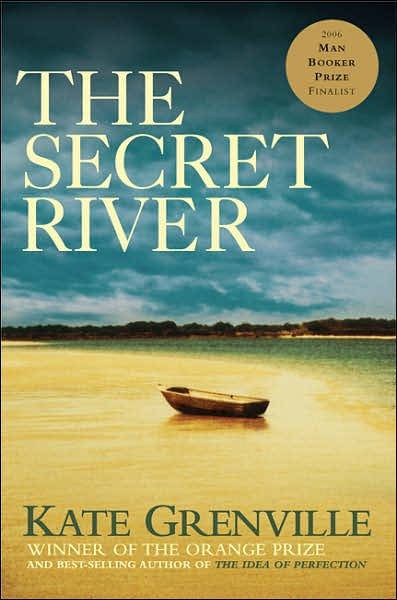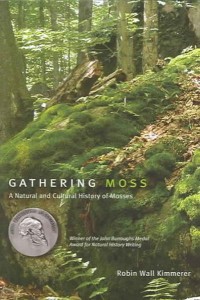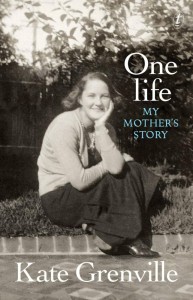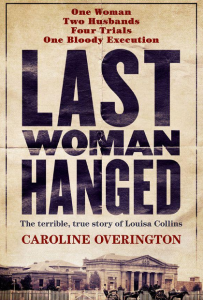The Secret River dramatises the British colonisation of Australia in microcosm. The dispossession of Indigenous Australians is made comprehensible and ultimately heart-breaking as Will Thornhills claim over a piece of land he titles Thornhills Point on the beautiful and remote Hawkesbury River brings his family and neighbours into conflict with the traditional owners of the land. In 1806 William Thornhill, a man of quick temper and deep feelings, is transported from the slums of London to New South Wales for the term of his natural life. With his wife Sal and their children he arrives in a harsh land he cannot understand. But the colony can turn a convict into a free man. Eight years later Thornhill sails up the Hawkesbury to claim a hundred acres for himself. Aboriginal people already live on that river. Thornhill, a man neither better nor worse than most, soon has to make the most difficult choice of his life.
Inspired by research into her own family history, Kate Grenville vividly creates the reality of settler life, its longings, dangers and dilemmas. The Secret River is a brilliantly written book, a groundbreaking story about identity, belonging and ownership, an epic tragedy in which a good man is compelled by desperation, fear, ambition and love to participate in a terrible crime against humanity.
Will Thornhill is driven by an oppressed, impoverished past and a desperate need to provide a safe home for his beloved family in a strange, foreboding land.
Never out of print, in 2015 The Secret River has generated renewed interest after being transformed into a two part television series. For students of Australian History and Literature the series provides a picture of what society may have been like in the early days of white settlement, and some of the bloody conflicts which arose between the settlers and the Aboriginal population on the Australian mainland. Some
experts estimate the number of Aboriginal and Torres Strait Islanders at 700,000 at the time of first British settlement in 1788;. The population fell to an estimated low of around 93,000 people in 1900, a decrease of almost 87%. The combination of introduced diseases, loss of land and direct violence is believed to have reduced the Aboriginal population in this dramatic way. A number of massacres by the British are well documented.
The novel has generated critical debate about the rights and responsibilities of novelists working in the genre of historical fiction. In deciding to imaginatively re-create what life may have been like for the early settlers based on a range of records, some historians and critics questioned Grenville’s approach. Some of the questions asked were, ‘How can we ever know how people thought and behaved in the past, when the evidence is drawn mostly from official records and a few letters and personal accounts? Can we ever hope to understand the contextual complexities of another time, place and people?”
In 2005 Kate Grenville said: “I’m not a person who likes conflict or public debate, but I feel very passionately that this book is probably as close as we are going to get to what it was actually like. This is a story that absolutely needs to betold. We are ready for it, perhaps for the first time.”
The details of the extent and nature of the racial conflicts between early white settlers and Aboriginal Australians are still strongly contested by historians. Others maintain that we in the 2000s can not accurately re-imagine the attitudes, behaviours and lives of people who first came to Australia, often as convicts, dirt poor, uneducated, untravelled and unaware of anything much outside the lives they led in Britain. They were the lowest members of a class bound society, with little opportunity to change their status.
Grenville has always said that The Secret River is a work of fiction inspired by real events and people. It is dedicated to ‘the Aboriginal people of Australia, past, present and future’.
Kate Grenville is one of Australia’s best-known authors. She has published nine novels, a collection of short stories, and four books about the writing process. Her books have been awarded many prizes in Australia, as well as the Commonwealth Writers’ Prize and Britain’s Orange Prize.
Buy Now








